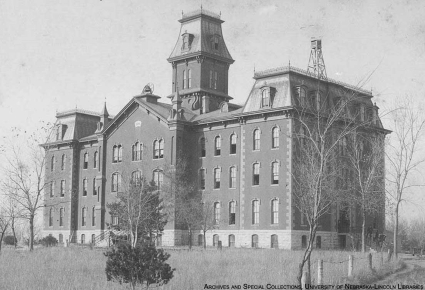
There has been a lot of attention paid to tenure lately, particularly from state legislatures in places like Texas, Florida, North Carolina, and Ohio, and of course recently right here in Nebraska. The debates over tenure tend to focus on questions of whether professors are indoctrinating students, only working 12-15 hours per week, or generally lack accountability in their work. While there is plenty of evidence that would address all of those concerns, what is often lacking from these conversations is an understanding of what tenure actually does in practice, and why anyone who isn’t a tenured professor should care whether we have a system of tenure or not.
The purpose of this series is to help shift the conversation about tenure here in Nebraska and across the country. In this series we will show, one story at a time, how tenure enables faculty members to innovate, take risks, and invest long-term in their students, departments, institutions, and communities. Tenure is the foundation of many of the most important contributions that faculty members are making in the world; it is ultimately a public good.
In our first post in the series, you will meet UNL Chemistry Professor Rebecca Lai, who not only uses Harry Potter to teach chemistry, but is partnering with the U.S. military to develop paper biosensors that can save soldiers’ lives – and we will tell you how those paper biosensors are brought to you, in part, by tenure.
Know someone who should be featured in our Brought to You by Tenure series? Do you want to be a part of the series? If so, email your suggestions to Editorial Team member Beth Niehaus at eniehaus@unl.edu.
